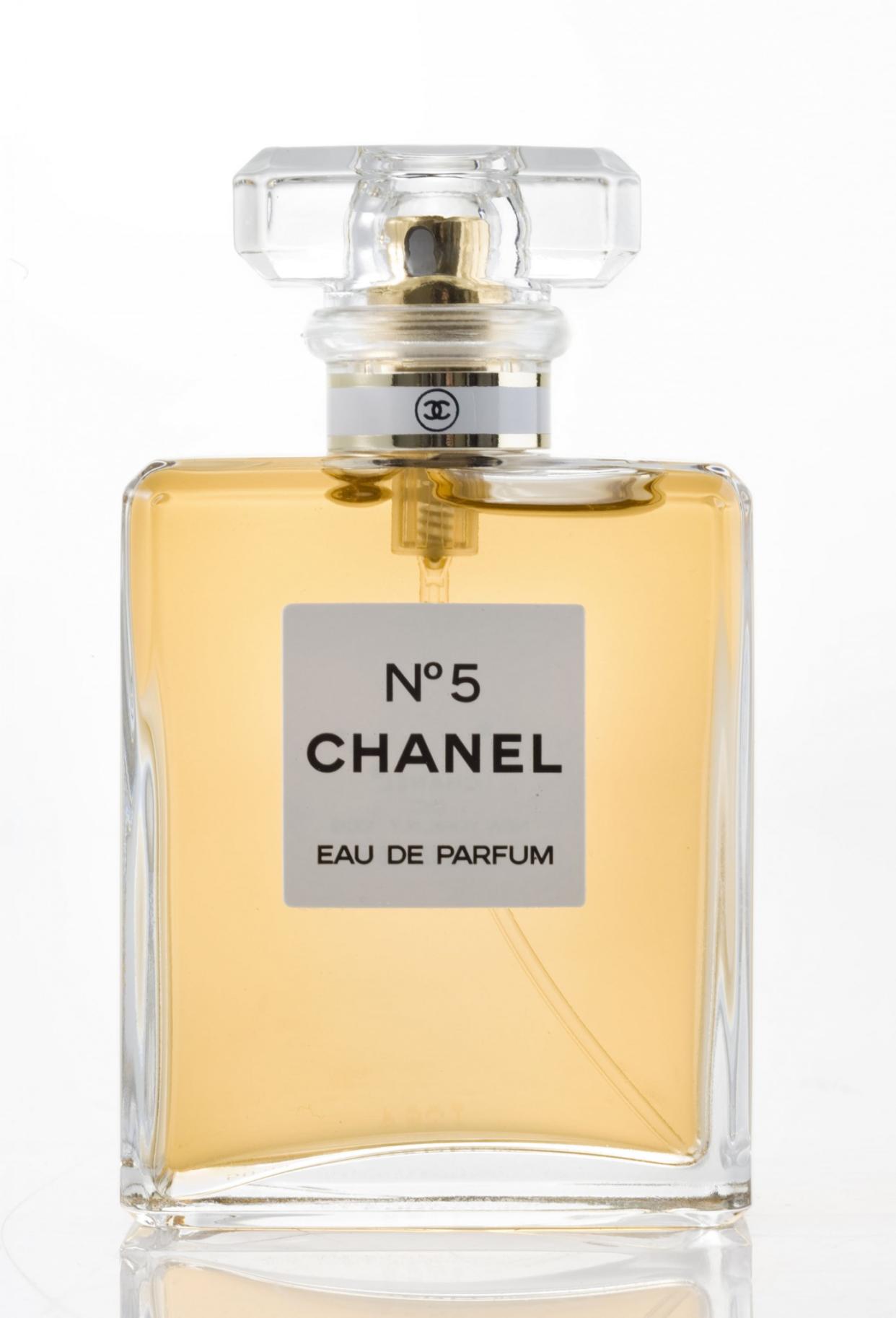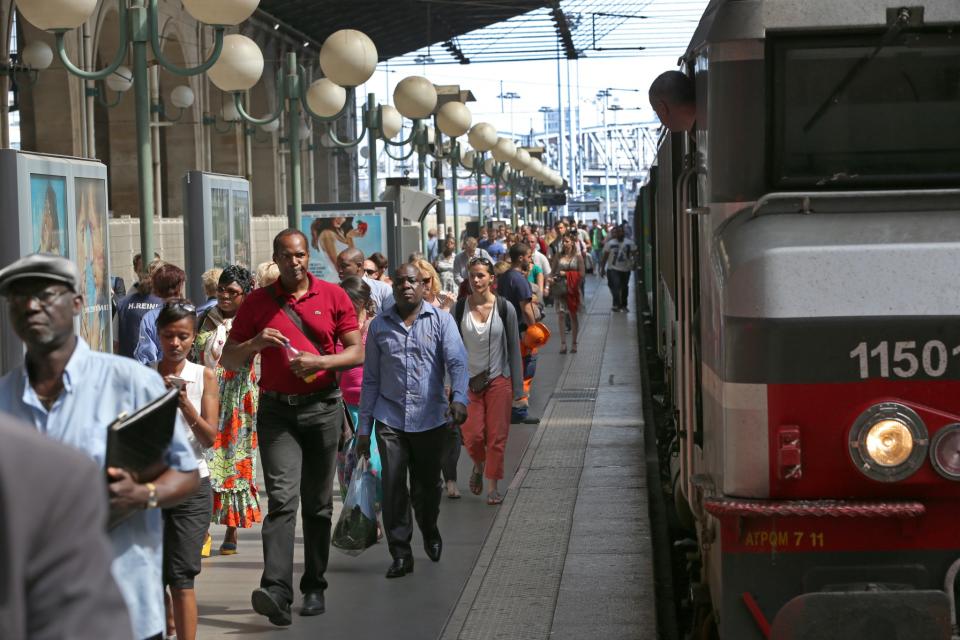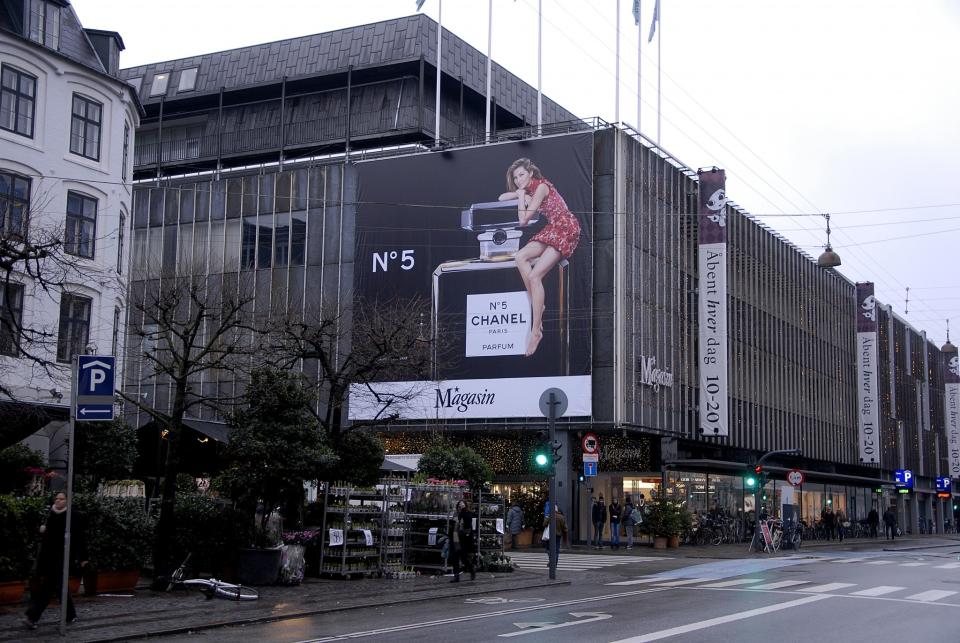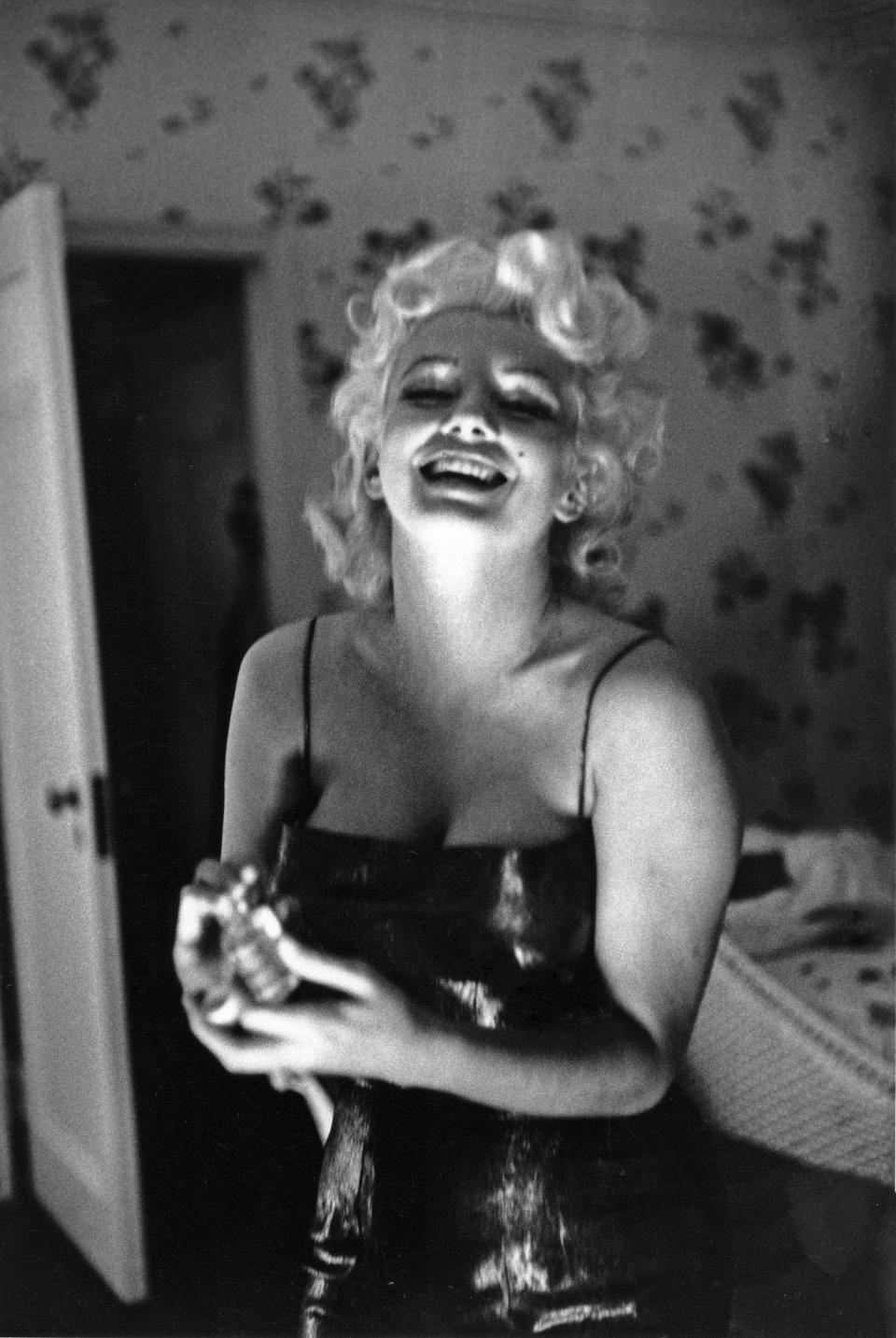Chanel’s Most Famous Fragrance Might Be in Trouble

Chanel No. 5 is one of the most well-known and best-selling fragrances in the world, but the production of a 6.7-billion euro ($7 billion) high-speed rail line — the train à grande vitesse — in the South of France could put the iconic scent at risk.
The luxury French fashion house believes its field of jasmine flowers and May roses in Grasse, which are used in every 30-milliliter bottle of the scent, will be affected by the rail production. “The construction of a viaduct and the regular passage of high-speed trains over these fields of flowers would force Chanel to cease supporting its artisanal activities in the region,” the retailer said in a letter.
Despite the potential damage to Chanel’s fields, the creation of the new rail line and viaduct could be extremely beneficial for the region, as it could help to alleviate congestion between Le Muy and Cannes along the French Riviera.

France’s national state-owned SNCF railway company said the region “cannot afford to remain isolated in an increasingly interconnected European area,” as three of France’s biggest cities are located within Grasse. SNCF also revealed that if created, the line would cut commuting time by an hour for a trip along the French Riviera from Marseille to Nice.
Chanel remains committed in its fight against the rail production, as the fashion house believes the flowers harvested in the region are “unique and exceptional … and indispensible for the creation of Chanel perfumes.” It also proposed construction for an alternative route, using an old goods station in Cannes that is owned by the SNCF, according to AP.

It comes as no surprise that Chanel is opposed to anything that might inflict damage on components that make up its well-known fragrance. Since the creation of the scent in 1921, it has exploded across the globe — one bottle is sold every 30 seconds! Shoppers tend to go for the scent because of its classic and clean smell. Coco Chanel once described the concoction as, “A perfume like nothing else. A woman’s perfume, with the scent of a woman.”

No. 5 has also been favored by celebrities and Hollywood icons throughout history, including Marilyn Monroe. In 1954, the legendary actress was asked what she wore to bed at night, and she answered, “Five drops of Chanel No. 5.” Iconic artists Salvador Dali and Andy Warhol have even created art of the iconic No. 5 bottle. More recently, in 2004, eccentric director Baz Luhrmann created a commercial for the scent starring actress Nicole Kidman.
As the maker of one of the top-selling perfumes in the world, it will be interesting to see if the company will be able to successfully thwart construction of the high-speed rail line.
We reached out to Chanel, and the brand issued the following statement on the matter:
“Chanel has been engaged for 30 years in the cultivation of flowers for its iconic fragrance Chanel N°5 in the Grasse region of the South of France, in partnership with a family that has been growing flowers there for five generations. As such, Chanel has contributed significantly both to the local economy and to the international reputation of Grasse, the cradle of the French perfume industry.
Chanel learned of plans for a high speed-train infrastructure project between Marseille and Nice to be built some time after 2030, which would cross through these historical flower fields. Chanel has accordingly sought to call attention to these fields and to the socio-economic benefits that its perfume activity brings to the region.
Chanel’s position reflects its continuing dedication to the protection of an exceptional site, a unique centuries-old artisanal know-how, and a distinctly French heritage.”
Let’s keep in touch! Follow Yahoo Beauty on Facebook, Twitter, Instagram, and Pinterest.

